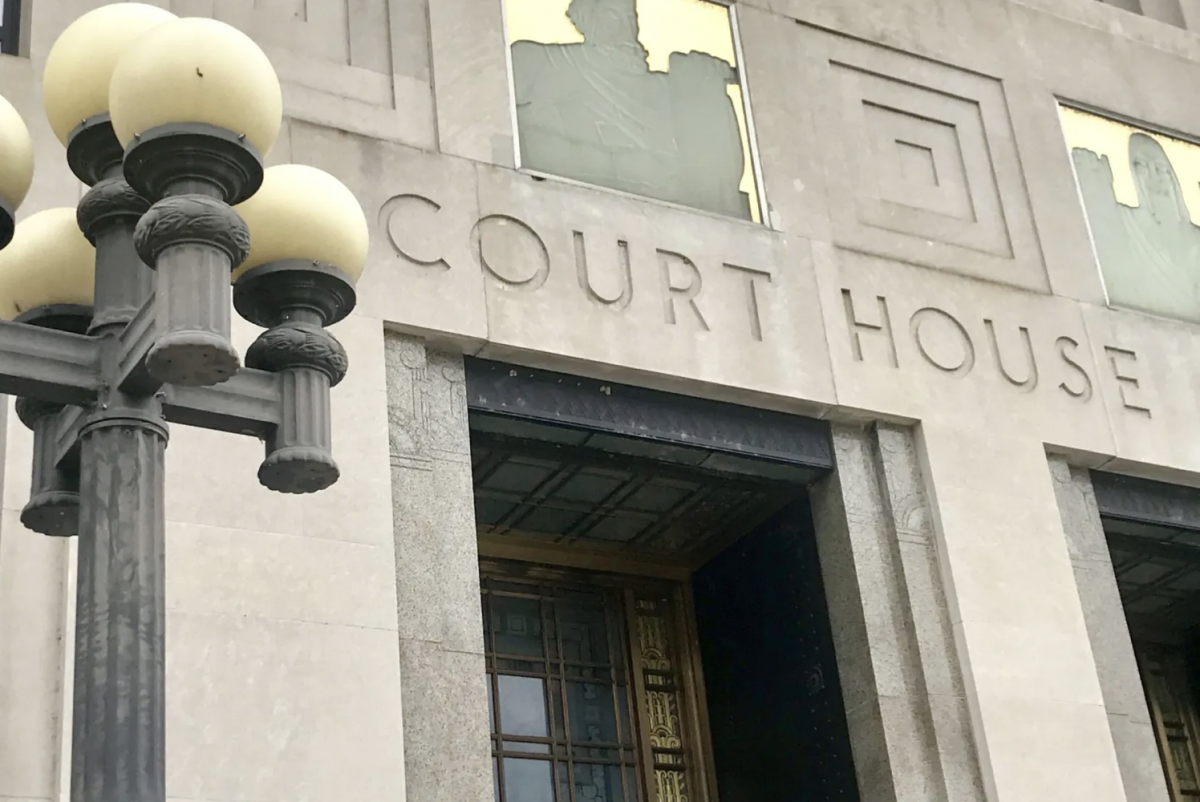Tennessee’s largest teacher organization, which recently challenged two new state laws affecting educators, quietly dropped its lawsuit about payroll dues deduction, while its other lawsuit over classroom censorship moves ahead in federal court.
The Tennessee Education Association (TEA) asked a state court to dismiss its case challenging a 2023 law that prohibits local school districts from making payroll deductions for employees’ professional association dues.
A three-judge panel, which had let the payroll ban proceed while the case was being tried, granted TEA’s request for a dismissal last week.
Meanwhile, a federal judge has set a December 12th meeting with all parties in TEA’s other lawsuit to discuss how that case will proceed. The teachers group has joined with five public school educators to challenge a 2021 state law restricting teachers from discussing certain concepts about race and gender with their students.
The federal case is being spearheaded by the Free and Fair Litigation Group, a nonprofit firm created by two veteran prosecutors who led the Manhattan district attorney’s investigation into Donald Trump’s business dealings. The firm’s focus is on pursuing high-impact cases that bolster democracy.
“TEA’s challenge of the prohibited concepts law is unrelated to the payroll lawsuit. We believe we have a strong case and that federal court will rule in favor of Tennessee teachers,” TEA President Tanya Coats said Thursday.
TEA filed its first lawsuit after Gov. Bill Lee pushed through a new law linking the controversial ban on payroll dues collection to a popular provision aimed at raising teacher pay.
The lawsuit charged that Lee’s strategy violates the state constitution’s single-subject requirement for laws.
A new state court — with judges from Davidson, Fayette, and Hamilton counties — had temporarily blocked the law from taking effect on July 1st while attorneys for TEA and the state made their arguments in the case. But the panel lifted that order on July 28 after deciding the plaintiffs were unlikely to win based on the merits of their arguments. The judges said the bill’s caption of “being relative to wages” was broad enough to address payroll deductions too.
“TEA is still confident in the merits of our case and believes we would have ultimately received a favorable ruling,” Coats said in response. “But TEA decided not to pursue the lawsuit because it is unlikely that the court would rule on the case this school year.”
When the payroll ban passed the legislature in April, the teachers group began converting members to online dues payment. Most members have made the switch, according to Coats.
Whether the payroll changes will lead to a drop in TEA membership is uncertain.
The latest numbers from the National Education Association showed that Tennessee’s organization had 36,218 members in 2020-21, down 4 percent from the previous year.
But Coats, who is an educator from Knox County, suggested that TEA’s recent advocacy work for public school communities is having the opposite effect. If anything, she said, educator frustration with the new laws has “energized” support for the organization.
“TEA is signing up new members every day and converting the remaining members from payroll deduction,” she said. “The attempt from some state leaders to silence educators has only strengthened educators’ resolve to fight for their students and the profession they love.”
The state’s new dues law also affected Professional Educators of Tennessee, the state’s second largest teacher organization. That group mostly uses its own online system to collect dues, but also had payroll deductions set up with eight school districts.
JC Bowman, the group’s executive director, agreed with TEA that the legislature should have considered the matters of teacher pay and payroll deductions separately. But he worried that TEA’s legal challenge over the payroll issue could have put pay raises at risk.
“That part was concerning to us,” Bowman said Friday. “If that had happened, we would have interceded (in court) on behalf of our members.”
The law’s pay schedule sets Tennessee’s base salary for teachers at $42,000 for this school year; $44,500 for 2024-25; $47,000 for 2025-26; and $50,000 for 2026-27. A raise in the base pay also affects how more experienced teachers are paid.
Marta Aldrich is a senior correspondent and covers the statehouse for Chalkbeat Tennessee. Contact her at maldrich@chalkbeat.org.
Chalkbeat is a nonprofit news site covering educational change in public schools.

